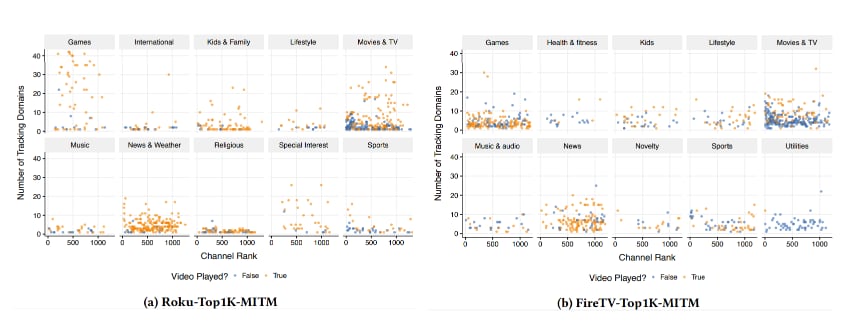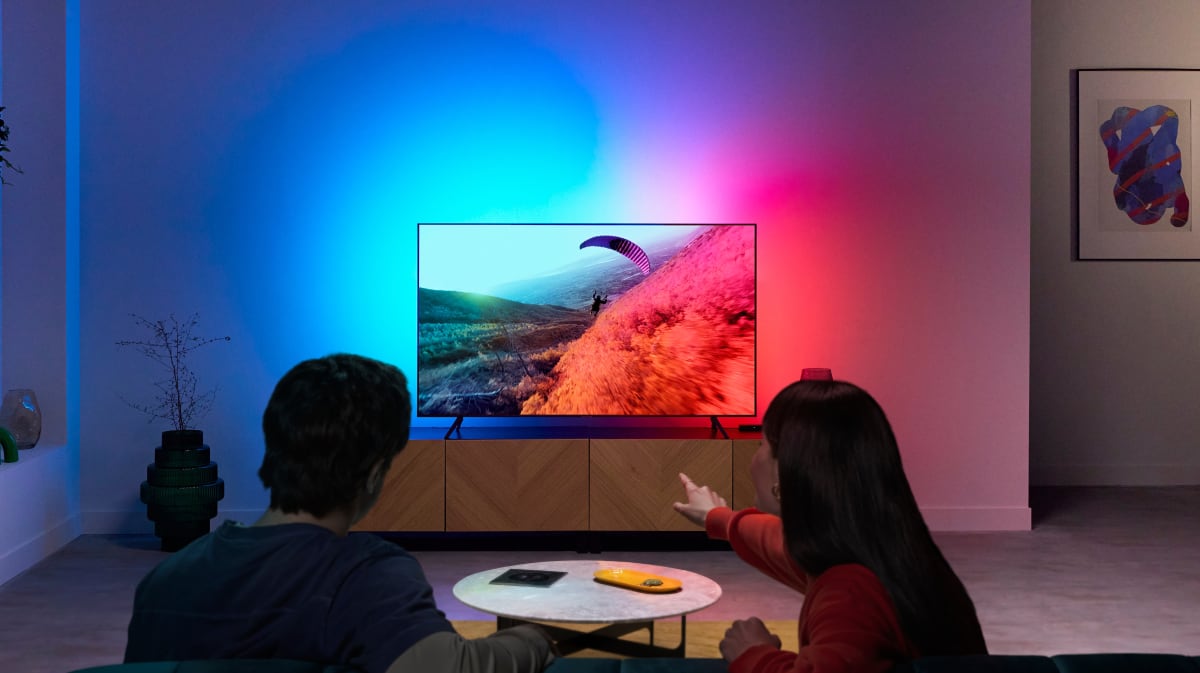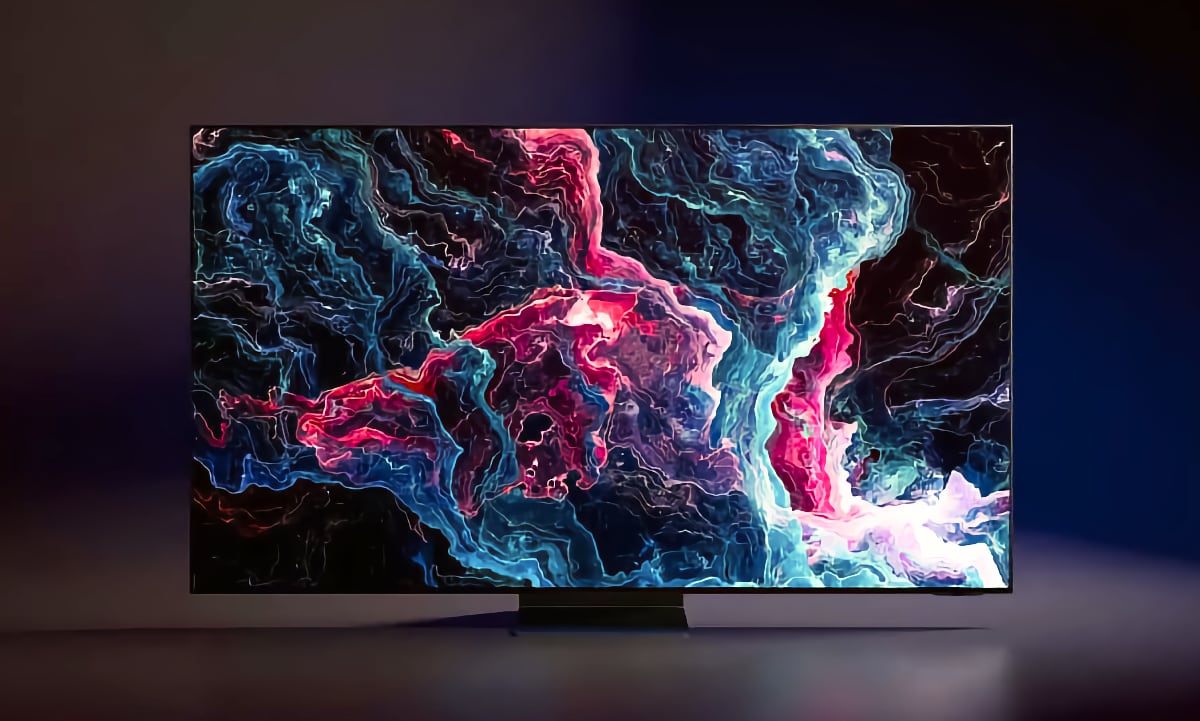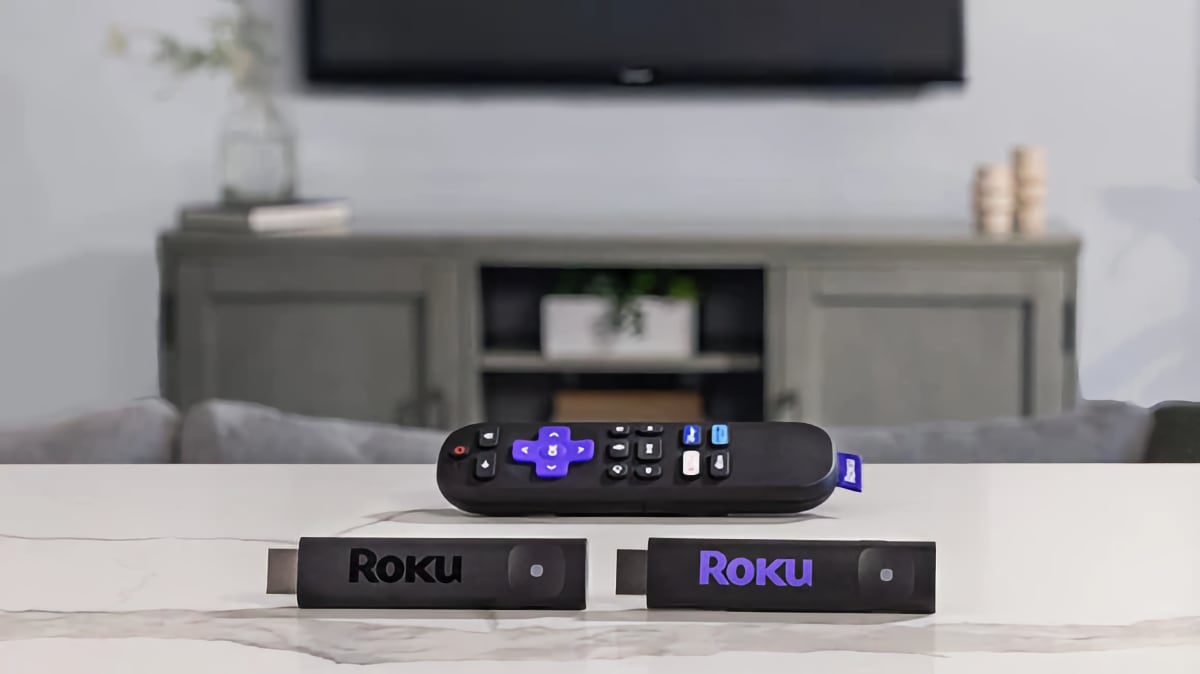TV platforms such as Fire TV and Roku are 'watching you watch', according to a recent study by Princeton University. They call on regulators and policy makers to update privacy protections.
Watching you watch
By 2020 one-third of US households are expected to have transitioned to streaming video. Cheap streaming devices such as Fire TV and Roku may seem appealing but comes with a cost, the study warns.
- "Over-the-Top streaming devices such as Roku and Amazon Fire TV, which currently sell between for $30 to $100, are cheap alternatives to smart TVs for cord-cutters. Instead of charging more for the hardware or the membership, Roku and Amazon Fire TV monetize their platforms through advertisements, which rely on tracking users’ viewing habits," said Hooman Mohajeri Moghaddam, one of the authors of the study by Princeton University.
To track users' viewing habits, apps have lots of built-in trackers that collect user data. Data collected includes video titles, channel names, permanent devices identifiers and wireless SSIDs, according to authors who built a bot to automatically install and use the top 1000 apps on both Roku and Fire TV, while at the same time intercepting network traffic.
Also read: Google now serving targeted TV ads
Google's tracker appeared on 975 of the top 1000 Roku apps, while Amazon's tracker appeared on 687 of the top 1000 Amazon Fire TV apps. However, many others trackers also ranked prominently across apps.
- "Out of 100 randomly selected channels on Roku and Amazon, we found 9 channels on Roku (e.g., “CBS News” and “News 5 Cleveland WEWS”) and 14 channels on the Fire TV (e.g., “NBC News” and “Travel Channel”) that leaked the title of the video to a tracking domain. On Roku, all video titles were leaked over unencrypted connections, exposing user video history to eavesdroppers. On Fire TV, only two channels (NBC News and WRAL) used an unencrypted connection when sending the title to tracking domains."
In other words, don't watch something on Roku or Fire TV that you don't want the world to know about. You user data is spread out between multiple trackers that often know quite a bit about you.

'Limit ad tracking' not effective
Some TV platforms have 'limit ad tracking' options that users can turn on manually. However, these functions fall short of preventing privacy invasions.
- "OTT platforms provide privacy options that purport to limit tracking on their devices: “Limit Ad Tracking” on Roku and ”Disable Interest-based Ads” on Amazon Fire TV. Our measurements show that these privacy options fall short of preventing tracking. Turning on these options did not change the number of trackers contacted."
The authors of the study call on regulators and policy makers to update privacy protections.
- "Regulators and policy makers should ensure the privacy protections available for brick and mortar video rental services, such as Video Privacy Protection Act (VPPA), are updated to cover emerging OTT platforms," the authors said.
Princeton University said that it is planning to study additional devices and platforms in the future.
- Source: Princeton University (2)







